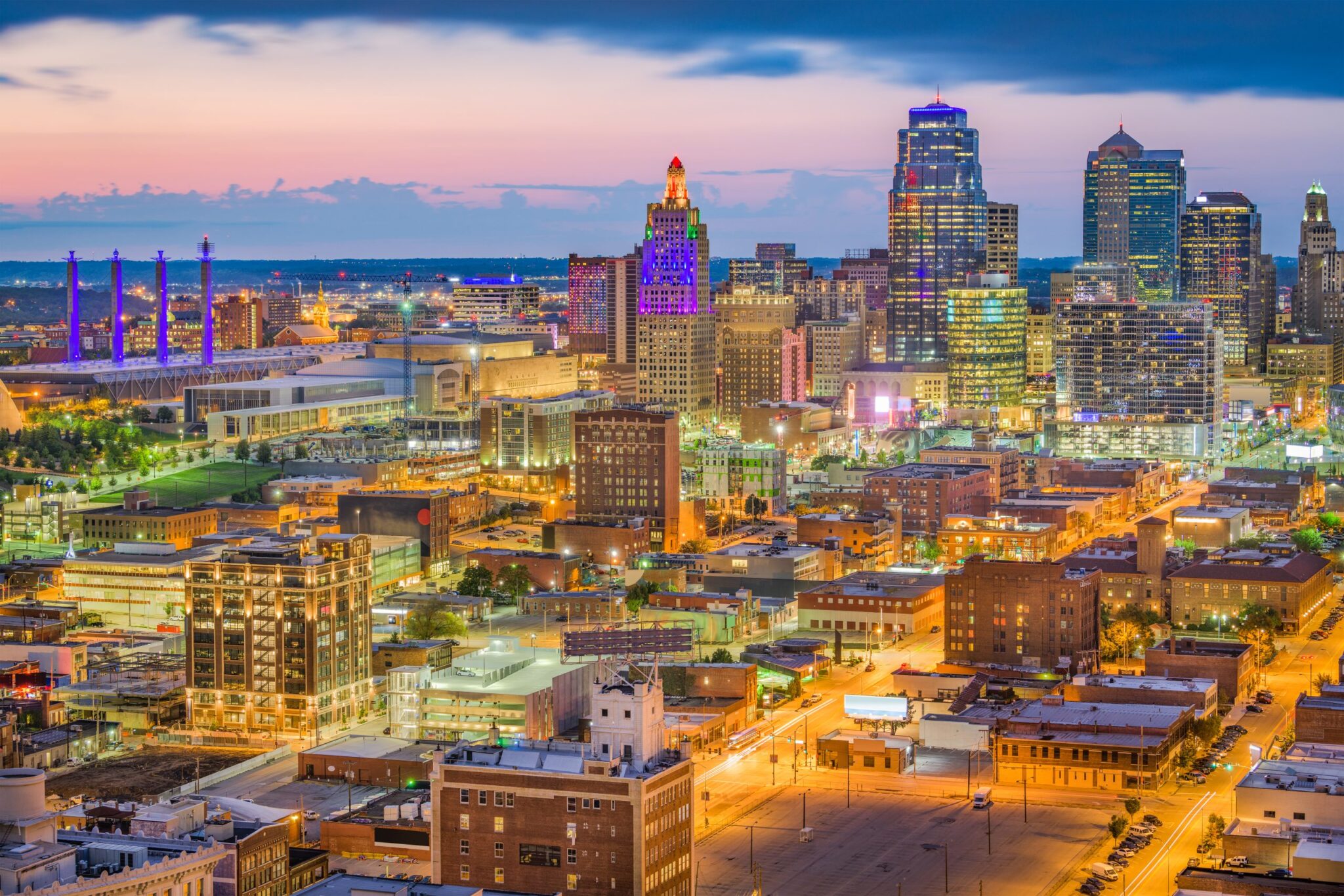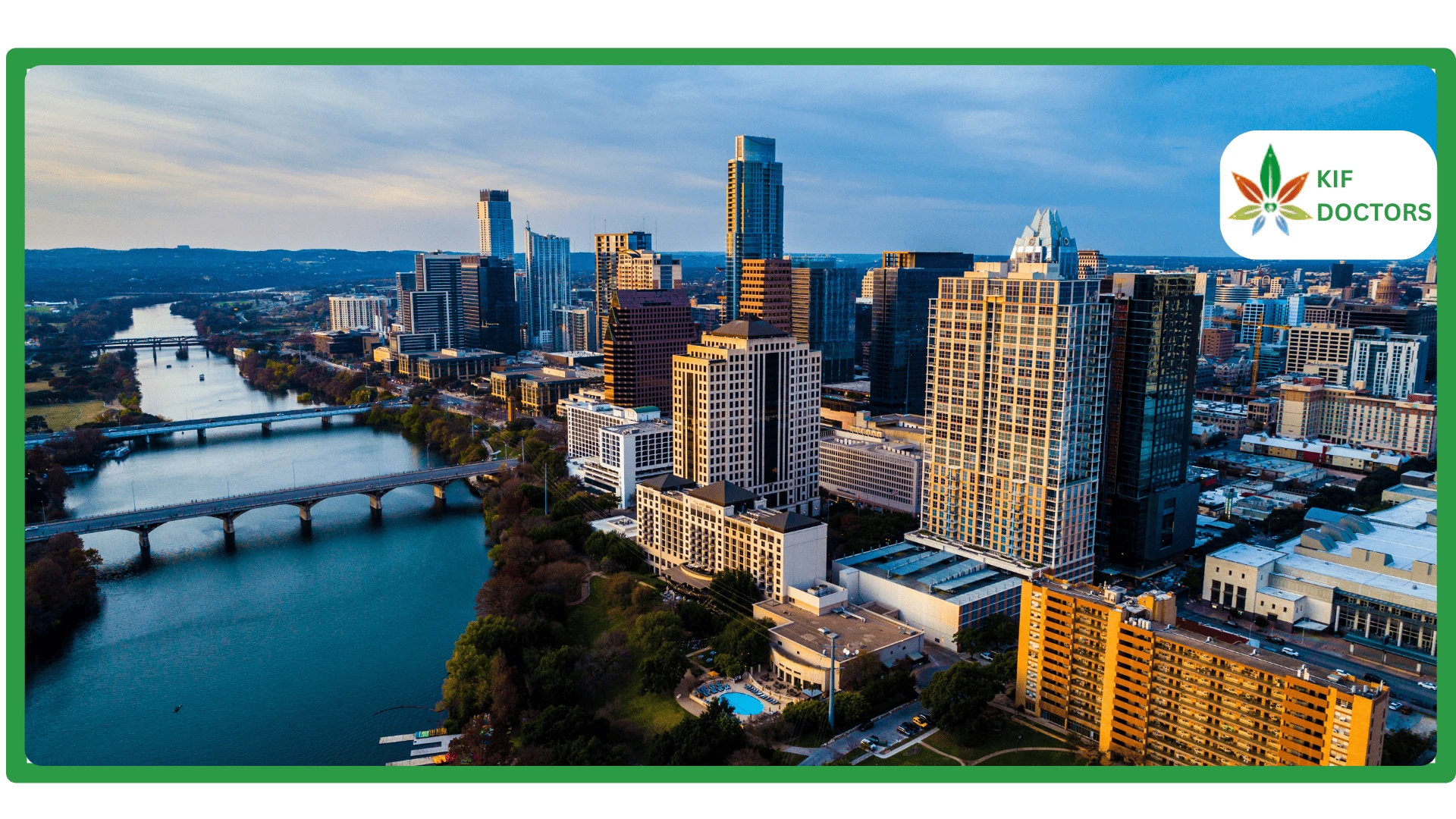Kansas City, Missouri, has become a focal point for cannabis enthusiasts and patients seeking relief through marijuana. With evolving state laws and local regulations, understanding the legal landscape of weed in Kansas City is essential for residents and visitors alike. This comprehensive guide dives into the current status of marijuana legalization, the differences between recreational and medical use, local regulations, and practical steps for accessing cannabis legally. Whether you're a curious newcomer or a seasoned user, this article provides clarity on navigating Kansas City's cannabis scene.
The Legal Status of Marijuana in Kansas City, Missouri
Missouri made history in 2018 when voters approved Amendment 2, legalizing medical marijuana. This paved the way for broader cannabis reforms, culminating in the legalization of recreational marijuana in 2022 through Amendment 3. As a result, both medical and recreational marijuana are now legal in Kansas City, Missouri, under state law. However, the city operates within a framework of specific regulations to ensure safe and responsible use.
While Missouri has embraced cannabis legalization, it's crucial to understand that federal law still classifies marijuana as a Schedule I substance, meaning it remains illegal at the national level. This discrepancy creates complexities, particularly for businesses and individuals navigating banking, taxation, and interstate travel. In Kansas City, local authorities have worked to align with state guidelines, creating a robust system for dispensaries, cultivation, and consumption.
Across the state line in Kansas, however, the story is different. Kansas remains one of the few states without any form of marijuana legalization, making it illegal to possess, use, or distribute cannabis in Kansas City, Kansas. This stark contrast can be confusing for residents of the Kansas City metropolitan area, where the Missouri and Kansas sides are closely intertwined. If you're crossing state lines, be mindful of these differences to avoid legal trouble.
Medical Marijuana in Kansas City
Medical marijuana has been a game-changer for many Kansas City residents seeking relief from chronic conditions. Missouri's medical marijuana program, overseen by the Missouri Department of Health and Senior Services (DHSS), allows patients with qualifying conditions to access cannabis through licensed dispensaries. Qualifying conditions include:
- Chronic pain
- Cancer
- Epilepsy
- Glaucoma
- Post-traumatic stress disorder (PTSD)
- Multiple sclerosis
- Other debilitating conditions as approved by a physician
To access medical marijuana, patients must obtain a medical marijuana card. The process involves consulting with a licensed physician who can certify the need for cannabis treatment. Once approved, patients apply through the DHSS online portal, pay a fee (currently $25 for patients), and receive their card, which grants access to dispensaries. I always recommend going for a Medical Marijuana Card Online Instantly to streamline the process. Services like Kif Doctors offer a simple way to apply, get approved, and access relief quickly.
Medical marijuana patients enjoy several benefits, including lower taxes on cannabis purchases and the ability to cultivate up to six flowering plants at home with a cultivation license. Dispensaries in Kansas City, such as Greenlight and From the Earth, offer a wide range of products, including flower, edibles, tinctures, and topicals, tailored to medical needs.
Recreational Marijuana in Kansas City
Recreational marijuana became legal in Missouri on November 8, 2022, after voters approved Amendment 3. Legal sales began on February 3, 2023, allowing adults aged 21 and older to purchase and possess cannabis without a medical card. In Kansas City, dispensaries quickly adapted, offering recreational products alongside medical ones. Missouri's recreational marijuana program is one of the most permissive in the country, with relatively relaxed possession limits and provisions for home cultivation.
Under state law, adults can:
- Possess up to 3 ounces of marijuana
- Purchase up to 3 ounces per transaction
- Grow up to six flowering plants, six non-flowering plants, and six clones at home (with a cultivation license)
Recreational cannabis is subject to a 6% state tax, plus local taxes, which in Kansas City can add an additional 3%. This makes recreational purchases slightly more expensive than medical ones, as medical patients are exempt from the state sales tax. Despite the higher cost, the convenience of recreational access has driven significant sales, with Missouri's cannabis industry surpassing $1 billion in 2024, according to industry reports.
Local Regulations in Kansas City, Missouri
Kansas City has implemented its own regulations to complement state laws, focusing on public safety and responsible use. Key local rules include:
- Public Consumption: Smoking or consuming marijuana in public places, such as parks, sidewalks, or streets, is prohibited. Consumption is limited to private residences or licensed consumption lounges (though these are still rare).
- Driving Under the Influence: Driving while impaired by marijuana is illegal and carries penalties similar to alcohol-related DUI offenses. Law enforcement uses field sobriety tests and blood tests to detect impairment.
- Age Restrictions: Only individuals 21 and older can purchase or possess recreational marijuana. Dispensaries strictly enforce ID checks.
- Advertising Restrictions: Cannabis businesses face strict rules on advertising, including bans on marketing that targets minors or makes unverified health claims.
The city has also decriminalized small amounts of marijuana for years, reducing penalties for possession before full legalization. This progressive approach has made Kansas City a welcoming environment for cannabis users, though adherence to regulations is critical to avoid fines or legal issues.
The Kansas City Cannabis Scene
Kansas City's cannabis industry is thriving, with dozens of dispensaries serving both medical and recreational customers. Popular dispensaries like Greenlight, From the Earth, and Terrabis offer a wide range of products, from high-potency flower to low-dose edibles designed for beginners. The city's proximity to the Kansas border has made it a hub for regional cannabis tourism, with many Kansas residents crossing state lines to purchase legal weed.
Innovative businesses are also emerging, such as the Smokey River Entertainment District, which opened in April 2023 in Gladstone, Missouri. This cannabis-friendly entertainment complex combines dispensaries, consumption lounges, and event spaces, catering to the growing demand for social cannabis experiences. Such developments highlight Kansas City's role as a leader in the Midwest's cannabis culture.
However, the black market remains a challenge. Unlicensed sellers continue to operate, offering cheaper but unregulated products that may pose health risks. To combat this, Kansas City authorities have increased inspections and public education campaigns, encouraging consumers to buy from licensed dispensaries where products are tested for contaminants like mold and pesticides.
Navigating the Kansas-Missouri Border
The Kansas City metropolitan area spans two states with vastly different cannabis laws, creating a unique challenge for residents and visitors. In Kansas City, Kansas, marijuana remains illegal for all purposes, with possession of even small amounts classified as a misdemeanor. Penalties can include fines up to $2,500 and jail time up to one year, depending on the quantity and circumstances.
This legal divide means that transporting cannabis from Missouri to Kansas, even inadvertently, can lead to serious consequences. For example, if you're driving from a Missouri dispensary and cross into Kansas, you risk arrest if stopped by law enforcement. To stay safe:
- Store cannabis securely in your vehicle, preferably in a locked container.
- Avoid crossing state lines with any cannabis products, including edibles or vapes.
- Be aware of your location when consuming, as Kansas law applies the moment you cross the border.
The contrast between the two states has sparked debate, with some Kansas lawmakers advocating for medical marijuana legalization. In 2025, Kansas legislators are expected to revisit the issue, but as of now, the state remains a no-go for cannabis users.
Federal Considerations and Future Outlook
Despite state-level legalization, marijuana's federal status as a Schedule I drug creates ongoing challenges. Cannabis businesses in Kansas City face high federal taxes due to IRS Code Section 280E, which prohibits deductions for businesses dealing in controlled substances. This has led to calls for rescheduling, with the U.S. Drug Enforcement Agency holding hearings in 2025 to consider moving marijuana to Schedule III, which would ease tax burdens and banking restrictions.
Former President Donald Trump, during his 2024 campaign, expressed support for state-led legalization and promised reforms like decriminalization and banking access for cannabis businesses. While these promises have raised hopes, the incoming administration's stance remains uncertain, with key appointees like U.S. Attorney General Pam Bondi historically opposing legalization.
In Kansas City, the future looks bright for cannabis, with growing acceptance and a booming industry. However, federal reforms and potential legalization in Kansas could further transform the region's cannabis landscape, making it a critical space to watch.
Frequently Asked Questions
Is weed legal in Kansas City, Missouri?
Yes, both medical and recreational marijuana are legal in Kansas City, Missouri, for adults 21 and older. Medical use requires a state-issued card, while recreational use does not.
Can I grow my own marijuana in Kansas City?
Yes, Missouri law allows adults to grow up to six flowering plants, six non-flowering plants, and six clones at home with a cultivation license. Medical patients can also cultivate with approval.
Is weed legal in Kansas City, Kansas?
No, all forms of marijuana are illegal in Kansas City, Kansas. Possession can result in fines or jail time, so avoid crossing state lines with cannabis.
Where can I buy weed in Kansas City, Missouri?
Licensed dispensaries like Greenlight, From the Earth, and Terrabis sell both medical and recreational cannabis. Always buy from licensed sources to ensure safety and quality.
Can I travel with marijuana from Kansas City, Missouri?
No, transporting marijuana across state lines, even to Kansas, is illegal and can result in arrest. It’s also illegal to fly with marijuana, as airports are under federal jurisdiction.
How do I get a medical marijuana card in Kansas City?
Consult a licensed physician to certify a qualifying condition, then apply through the Missouri DHSS online portal. Services like Kif Doctors can help you get approved quickly.
Conclusion
Kansas City, Missouri, offers a welcoming environment for cannabis users, with legal access to both medical and recreational marijuana. From dispensaries to home cultivation, the city has embraced a progressive approach, though local and state regulations must be followed to stay compliant. Across the border in Kansas, however, cannabis remains illegal, creating a complex landscape for residents of the metro area. By understanding the laws, accessing licensed products, and staying informed about federal developments, you can navigate Kansas City's cannabis scene with confidence. Whether you're seeking relief or exploring recreational use, this guide equips you with the knowledge to make informed decisions.
 Since 2021, Kif offers a streamlined platform to get a medical marijuana card online. We have served more than 45K patients across the United States. Sign Up Now to get the right to use medical cannabis for your health condition without any delay.
Since 2021, Kif offers a streamlined platform to get a medical marijuana card online. We have served more than 45K patients across the United States. Sign Up Now to get the right to use medical cannabis for your health condition without any delay.

























